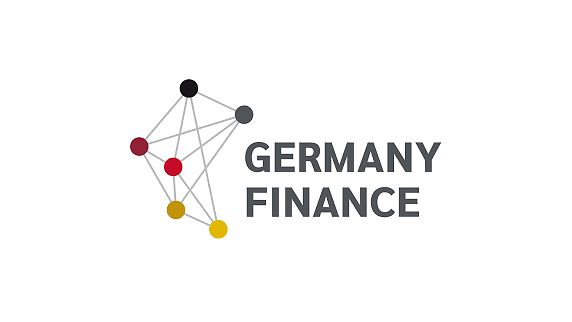As a center for academic, scientific and research activity, Frankfurt benefits from 34 first-rate higher education institutions all located within a one-hour drive from Frankfurt. Centers of study and research in the Frankfurt region place a strong emphasis on fields closely related to banking, the financial sector, monetary and currency policy, international economic policy, and insurance systems. These links between sectors and stakeholders give the city a unique competitive advantage over all of the other financial centers in Europe. The number of financial market participants who want to set up offices in Frankfurt or expand their activities there is growing continuously.
Today, over 100,000 people in the Frankfurt/Rhine-Main region work in the financial services sector. First-rate research centers such as the House of Finance at the Goethe University Frankfurt, the Frankfurt School of Finance and Management, the Center for Financial Studies and the International Center for Insurance regulation provide scientific expertise and offer top-notch education to highly qualified young talent. Within a 45-minute travel radius, over 26,000 students are currently working towards a degree in economics, and over 16,000 students are engaged in the study of law.
Nearly all law firms and auditing companies have expanded their Frankfurt operations in recent years and moved their regulatory practice departments there.
Frankfurt is Europe's digital capital, and with more than 6 Terabit per second peak traffic, DE-CIX Frankfurt is the world's leading Internet Exchange. This interconnection platform currently manages over 5.5 terabits per second peak traffic. Hundreds of internet service providers are connected with each other via this exchange, which in Frankfurt alone is itself connected with 19 data centers. All of the global players in the data center industry have operations in Frankfurt: e-shelter, Equinix, Level 3, KDDI/Telehouse, Global Switch, Digital Reality and many other providers are distributed throughout the metropolitan area, and every section of Frankfurt has access to high-availability, redundant systems and to banking and financial services data stored in the data centers.

